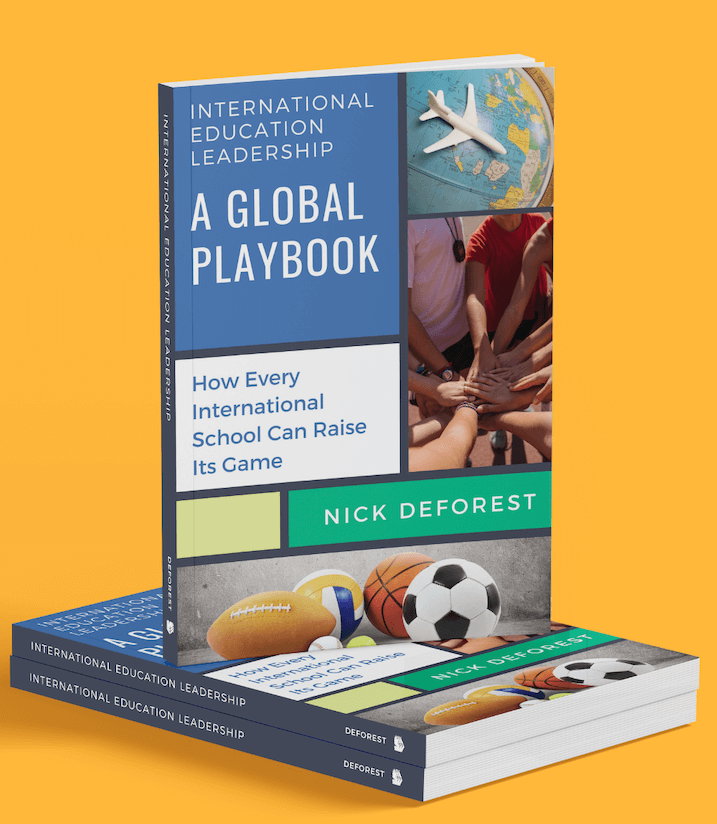
Education and especially scholastic sports have undergone significant shifts over the last twenty years. The last few years of the pandemic have sped up this process and shown us the great value sports can have on a student’s entire life as well as on an entire school community. At its core, education should be dynamic, progressive and at the forefront of today’s changing landscape and school athletic programs should be no exception. Today there are more schools, more leagues, more programs, more changes to personnel, and of course more options on how people spend their time. My hope is that when schools focus on educational athletic programs they will also improve their school culture and make their entire school communities a better place. Athletics can do things that other areas of schools cannot, and in many cases, athletics is the fundamental fabric that holds schools together – that needs to be realized and strengthened by all community members. As someone who understands the purpose of athletics, I have been working towards the goal of widening the outreach and understanding of athletic programs for some time now and hope that my new book “A Global Playbook” is a helpful step in doing just that.
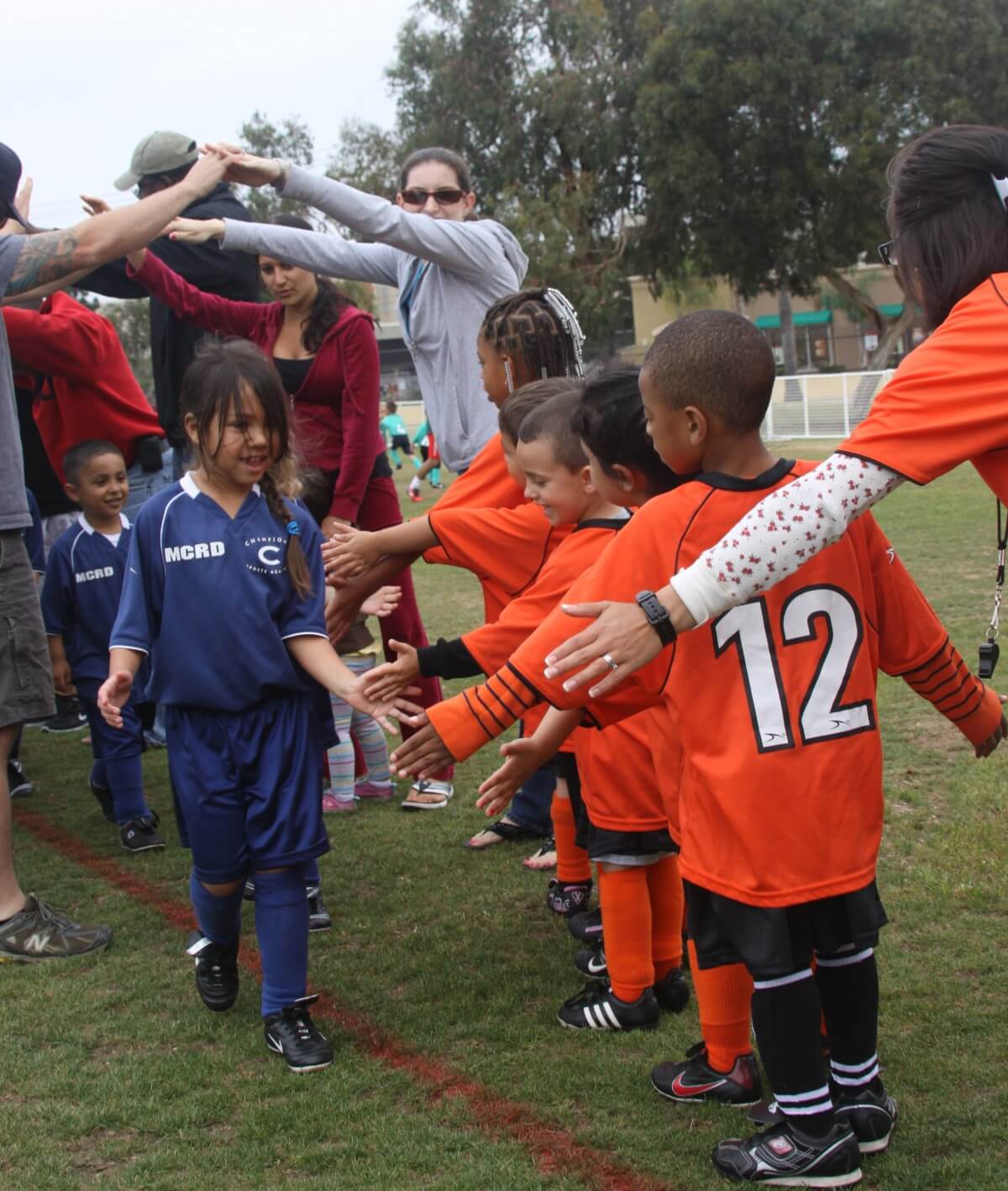
This simple way we call our programs can have a big impact on how they are viewed by community members. “Educational athletics” embodies the idea that athletics is an extension of the classroom and that playing sports is an educational activity that provides outstanding opportunities to teach life lessons at the same time. Using this term benefits a program in two ways. First, it should be that it is not solely about wins and losses. Second, it shows that a school, or club for that matter, is also interested in educating its athletes in areas other than Xs and Os. One of the major benefits of athletics for young men and women all around the world is that they have a higher chance of succeeding in all aspects of life because of the skills that they can acquire while playing sports. There are incredible correlations between successful people and the skills they learned while participating in athletics such as the ability to put in the work to hone their skills over a long period of time, the ability to show up on game day, and the ability to be prepared to compete. But the fun part is that this list can go on and on.
For people that have played a team sport, one important learned skill is the desire to be better every single practice, every single game, and every single day not only for themselves but also for the benefit of the entire team. Regardless of an individual sport or team sport, playing athletics at a school lets student-athletes feel like they are a part of something bigger than themselves which can give many of them a reason to come to school which can lead to making memories that last a lifetime. I have focused my “playbook” around six key elements that all schools need to excel in: Core, Commitment, Care, Culture, Competition, and Communication. However, within these six key elements, there are a ton of subsections that make up the nuts and bolts of top-notch athletics programs. Superintendents, Principals, Teachers, Athletic Directors, and Coaches all have a role to play in making a top-notch education athletic program, however, I have some tips that each individual coach can do to help “raise their game” even if no one else in the school is interested.
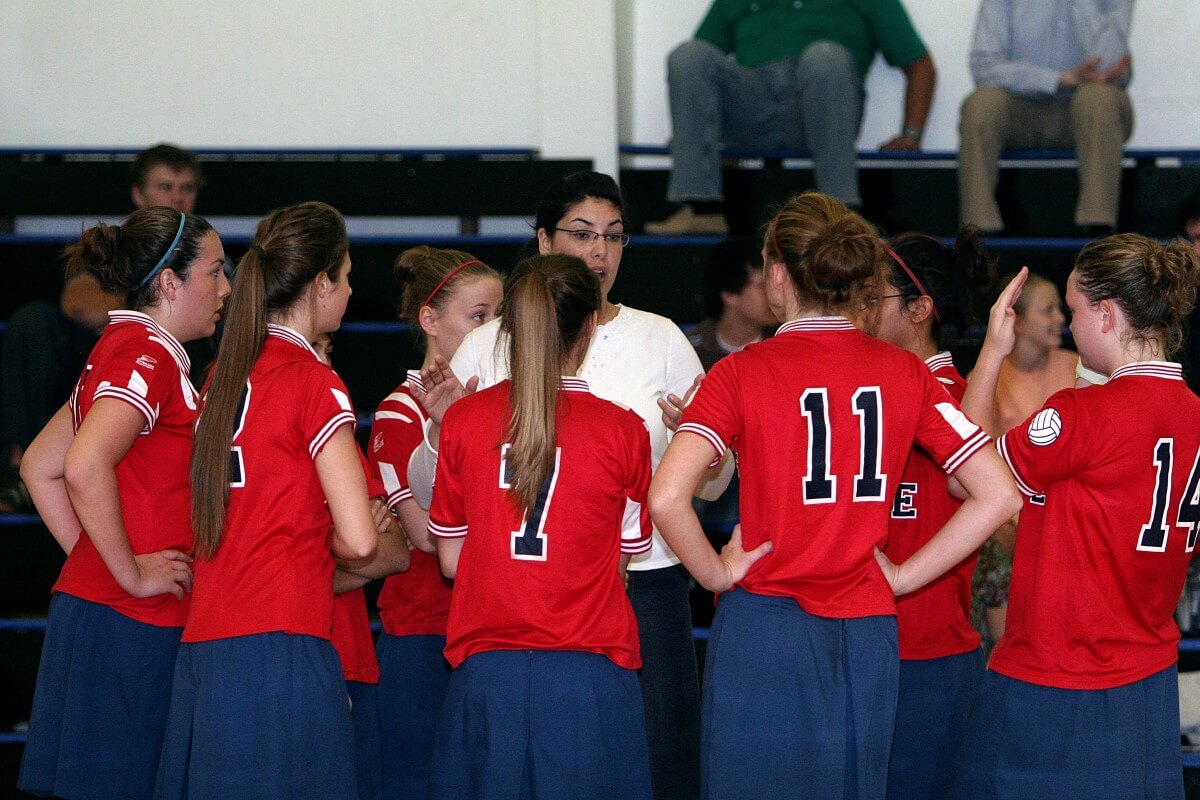
Looking first at the CORE of a program two terms should be added to your vocabulary if they are not already. The first is the term “educational athletics” which I have already mentioned. The second is the term “co-curricular” instead of “extracurricular.” Co-curricular activities are those activities that are outside of a school’s curriculum but “complement” it in a way that adds to a student’s overall education. Extracurricular activities are simply defined as those school-based activities that are not tied to the curriculum but are attached to the school day. Add these terms to your vocabulary and start using them in anything you print or put online and mix them into conversations and meetings.
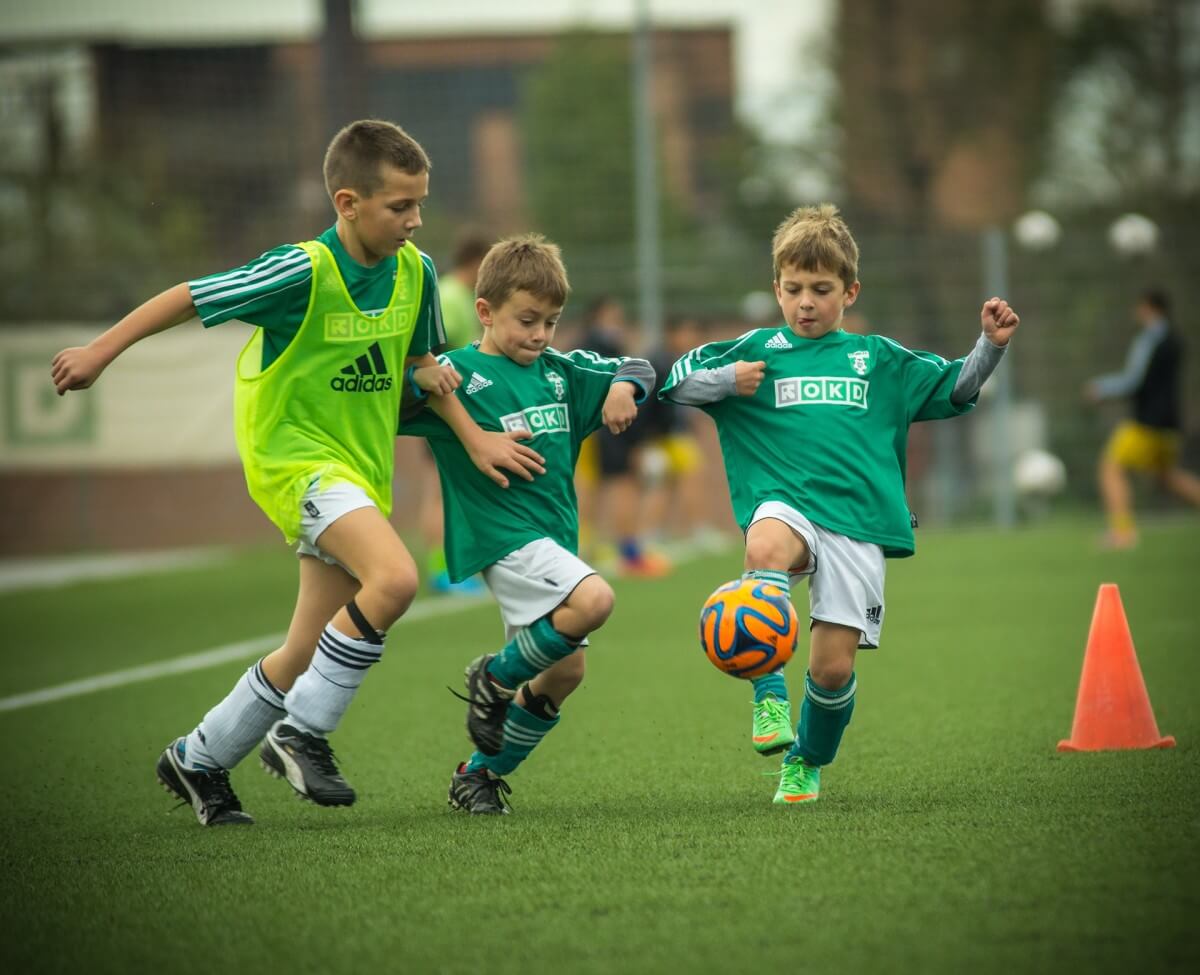
As coaches, we ask a lot of our athletes but it is sometimes our COMMITMENT level that makes the difference in a season or even in some of our players’ lives. I implore all coaches to be committed to their athletes, not in hours and hours of work but in showing up and working hard for the students when they are there. Focusing on school teams I think it is vital that teachers are also coached as it shows the students that athletics is an important part of a school. If teachers can go from teaching all day to the gym for practice, then students can as well. For teachers, it is another way for them to connect with students outside of the classroom and really make a difference in their lives. Lastly, teacher-coaches are not just a sign to the students but also to the parents and the entire school community that the school’s committed to their student’s overall education.
CARE is basically a no-brainer, right? You must care about the program and the students in it if you want to have any sort of impact on the lives of the students. As coaches, we can really show we care about our students by teaching character and life skills in our practices just like it is a sport-specific skill. Coaches should make time for it in their practice plan, and let the athletes know they are teaching it, and why it is important. Of course, many of us do this already and some even do it without realizing it, but purposely talking about it is an important step for our students to recognize its value.
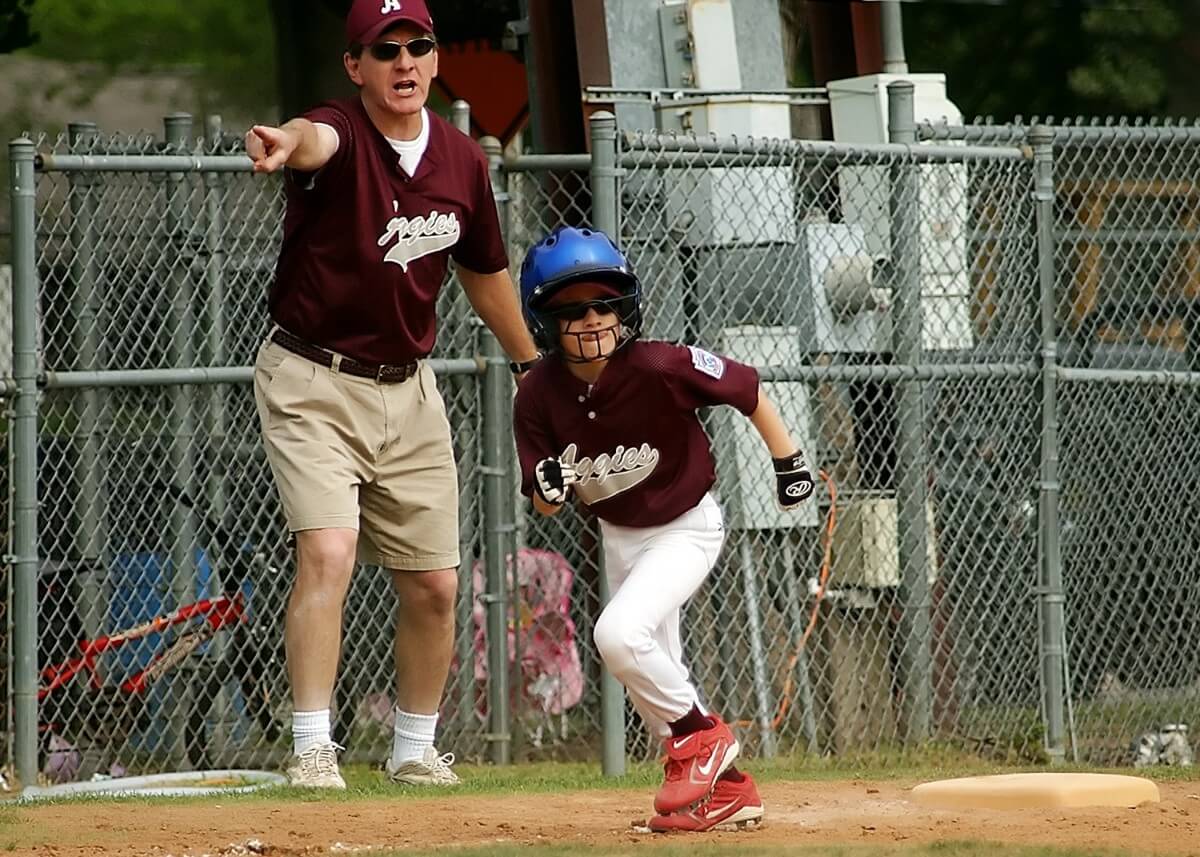
CULTURE is the set of shared attitudes, values, goals, and practices that characterizes an institution or organization. Sometimes the culture of an entire athletics program needs an overhaul but often just individual teams can greatly improve but just focusing on themselves. How do students feel when they are a part of the team? How does the greater school community embrace that team? One way to build your team culture is to introduce a slogan for the season. A team-building slogan, or motto, is a catchphrase that summarizes your program’s spirit, mission, and character. These are not quotes from famous figures but rather short and anonymous taglines such as “The Eagles Way”, or “One Team, One Dream”.
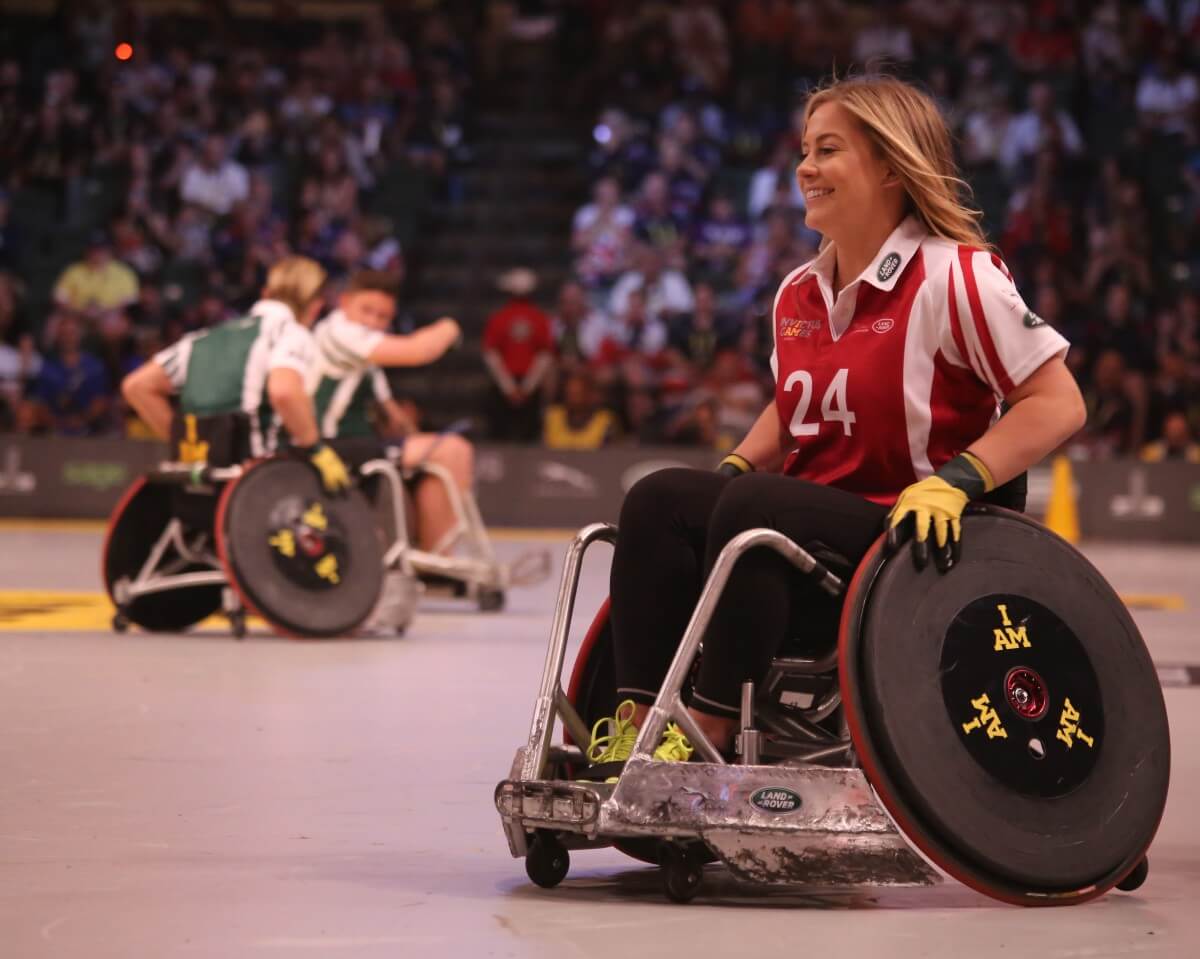
A league match or conference tournament is ripe with heated COMPETITION but it is also valuable for our athletes’ growth to experience competition in other ways. Intramurals can be almost anything you want them to be from which sport, what time of the day or day of the week to single standalone events or a full league and can be a great way to install many of the values students learn while competing in a more controlled environment. The idea is to get students out and be active while competing with fellow classmates in a fun and organized way. Intramurals also help students become familiar with different sports that they might not have played otherwise. For example, if football at your school is very popular then maybe an intramural flag football tournament might only bring out those already good at it whereas a soccer event might help level the playing field and put kids out of their comfort zone.
The importance of accurate, concise, and timely COMMUNICATION is clear. As you look to implement or improve parts of your team, it is important to keep that in mind. You can have the best intentions in the world, but if you do not communicate your ideas with the right people and in the right way, and at the right time, it may not feel the same way to others. Then, instead, a very positive change could have the exact opposite effect than what you were looking for. Communication with your athletes is key but also with parents, opponents, officials, and community members are just as important.
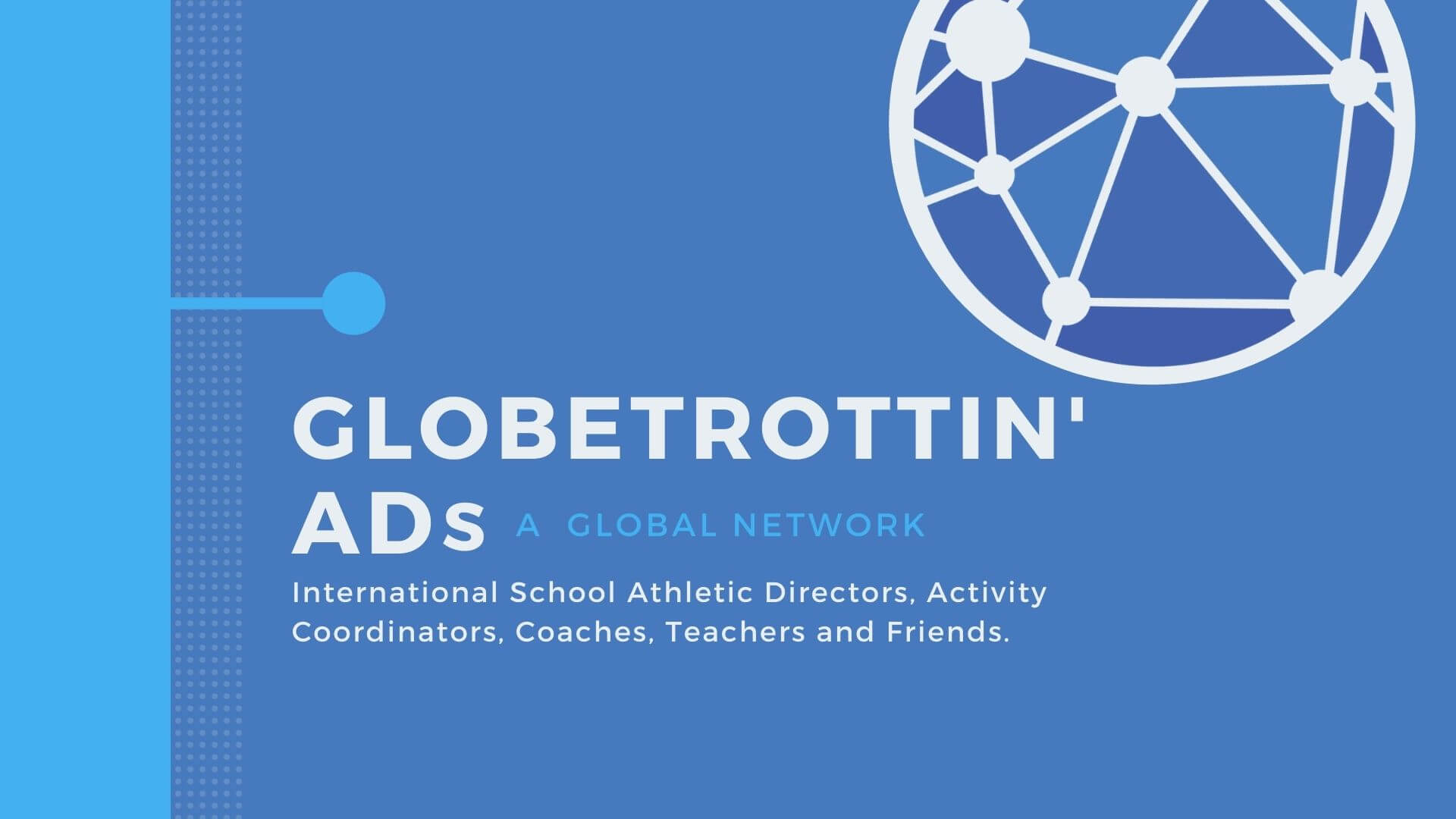
A “playbook” is a document that describes plays or schemes that a player or team may run in a game. Like in real life, not all of the plays are run each game so I do not expect that every school’s athletic program should go out and run all of these “plays” that I included in my book right away. There simply is not enough time or resources to do all of these things at once. Let’s face it – some may simply not even work at every school with so many different programs throughout the world. Instead, I hope that anyone who reads my book will keep it close by so that when they have time and want to improve their program they can get it out, find that specific section, and “run” a new “play.”
Nick DeForest who is originally from Ontario, Canada has been in Vienna Austria since 2000 and works at the American International School Vienna. Nick has his BA in History from Brock University and his Masters in Athletic Administration and Coaching from Western Kentucky University. He has also obtained his Certified Master Athletic Administrator (CMAA) title from the NIAAA. Nick founded the Globetrottin’ADs before the onset of the pandemic and has continued to bring the international school community together with his podcast and online conferences ever since. His first book, A Global Playbook: How Every International School Can Raise Its Game is an attempt to show that a successful athletic program can improve the culture of an entire school community. It hopes to raise the game of all international schools by giving Directors, Principals, Teachers, Coaches, and ADs ideas from top-notch schools around the world. You can find A Global Playbook on Amazon
To connect with Nick you can check out his website, send him an email, and follow him on Twitter.
https://www.globetrottinads.com/
n.deforest@ais.at
https://twitter.com/Nick_GTADs
